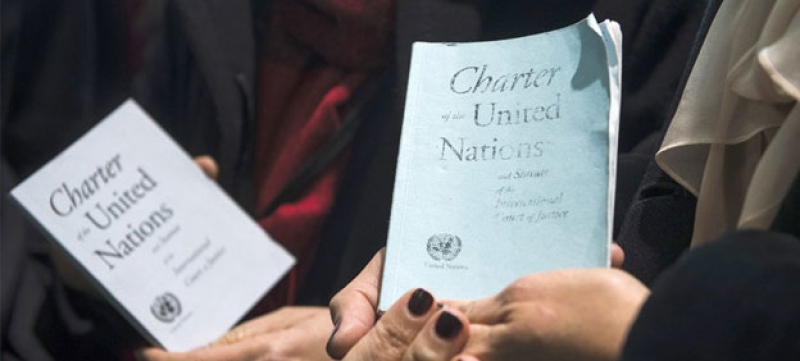- 3 killed, 10 injured in Pabna Bus-truck collision |
- UN Chief Appalled as Gaza Crisis Deepens, Aid Blocked |
- Dhaka’s air quality ‘moderate’ also on Friday morning |
- Russia 1st country to recognize Taliban rule in Afghanistan |
- New report seeks reforms for free, pluralistic media in BD |
UN Reform Urged: Use Charter Powers, Avoid Costly Moves

Recent proposals to relocate UN operations to lower-cost duty stations ignore demonstrable economic patterns. Empirical evidence suggests that establishing UN hubs often triggers localized inflation, negating projected savings.
While national policies, infrastructure deficits, and global shocks drive overall inflation, the UN’s presence in Nairobi significantly raised rents and land prices in elite neighborhoods. This created small enclaves of hyper-inflation, especially for premium goods and services.
Most Nairobi residents struggle with local cost pressures, while areas around UN hubs experience “Paris-level” prices. Demand for premium housing, security, and bilingual services undercuts the logic of cost-saving relocations.
In 2023, the UN Secretary-General shifted from biennial to annual budgeting—disregarding historic practice. This change worsened cash flow problems by ignoring the U.S. payment cycle, where 80% of dues arrive in the fourth quarter.
The result:
– Premature austerity, including 20% staff cuts targeting experienced personnel.
– Erosion of institutional capacity in peacekeeping, humanitarian law, and diplomacy.
Underused UN Charter Tools: Article 6 & 19
The UN Charter provides enforcement mechanisms that remain mostly idle:
Article 19 (Voting Suspension): Allows members in arrears for over two years to lose voting rights. It has been applied 13 times (e.g., Libya in 2021), yet major late-payers like the U.S. ($1.3B in arrears) face no action.
Article 6 (Expulsion): Permits the removal of states persistently violating Charter principles. Despite chronic financial obstruction by some members, this clause remains unused.
Alternative Reform Pathways
A. Leverage Geopolitical Counterweights
Shift key HQ functions from New York to Geneva.
Economic pressure: New York gains $3.3B annually from the UN, compared to the U.S. contribution of $1.3B.
B. Enforce Financial Accountability
Reclassify unpaid dues as sovereign debt.
Suspend veto rights of chronic defaulters under Article 19.
C. Preserve Institutional Integrity
Return to biennial budgeting to match real-world payment cycles.
Engage UN staff unions in all reform efforts (e.g., via a “UN80 Task Force”).
UN80 Paradox: Efficiency vs. Institutional Amnesia
Pushing reforms without broad consultation risks:
– Operational fragility from lost expertise in conflict mediation, logistics, and humanitarian work.
– Erosion of 80 years of progress in international law and human rights.
Conclusion: Courage to Enforce the Charter
UN reform doesn’t require dismantling its foundations. It requires the political will to enforce existing laws.
Global South coalitions such as the G77+China and BRICS could:
Demand application of Article 19 to non-paying states.
Propose a General Assembly resolution invoking Article 6.
Call for an independent audit of cost-saving assumptions behind relocation plans.
The UN's strength lies not in austerity—but in upholding its Charter with courage and consistency.

